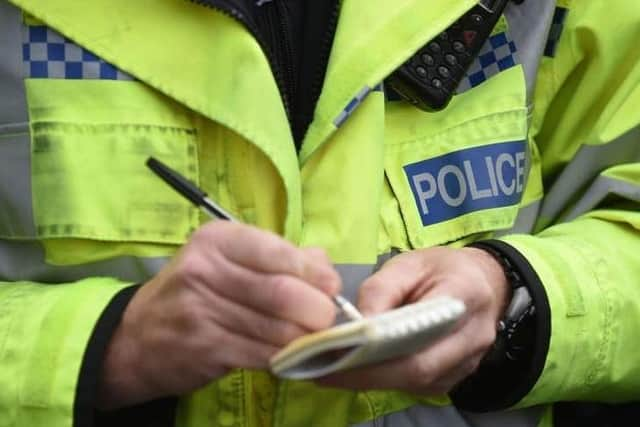Police forces need to be more diverse but how do we improve recruitment and retention? - Dr Alan Billings
What a contrast with the House of Commons. If you look at our government front bench, for example, the three great offices of state – Prime Minister, Home Secretary and Foreign Secretary – are all now occupied by members of ethnic minorities.
And following last week’s election of a new leader of the Scottish National Party, the first minister of Scotland is also from an ethnic minority. We do not find any of this surprising; yet if you look at what has happened here and what has not happened elsewhere in Europe, the contrast is remarkable.
Advertisement
Hide AdAdvertisement
Hide AdIt brings me to a puzzle and a problem. Why can’t we see the same ethnic diversity that we see in our politicians, in our police forces – and in all ranks, including and especially in the higher ranks?


I know the force in South Yorkshire, as in other places across the country, has been working hard to try to improve ethnic diversity. The big recruitment drives that have been taking place to increase police numbers provided an opportunity to do just this. But despite all the effort, there has been little progress.
Some gains were made in numbers being recruited, but the task of making the overall proportion of officers from ethnic minorities in the force come closer to the proportion in the population as a whole, has become more challenging. This is because last year the latest Census figures were published, and they showed that the proportion of ethnic minorities had increased. We chase a moving target.
The more significant issue, however, seems to be not so much recruitment as retention. It is one thing to have people join the force from an ethnic minority background, but if you can’t keep them in the service then, if anything, you begin to go backwards.
Advertisement
Hide AdAdvertisement
Hide AdThis is an area that the force will need to think more deeply about. Those leaving will need to be interviewed with some care to see if there are any common threads or themes about why they leave. But if we seriously want to make a difference, this has to be done.
I asked a couple of Muslim friends whether their children ever considered joining the police. They both said that what was important to them as parents was that their children (now all adults) had a good education, did well at school and, if possible, went to university. They then encouraged them to join the professions – and six of the seven children had: law, medicine and accountancy. But they had never considered the police.
Perhaps they would have done so now with policing professionalising and requiring either a degree on entry or for a degree to be taken as part of initial training. So far, however, that does not seem to be making the decisive difference we might have hoped for.
The police do need to look like the communities they police. It is part of what gives them their legitimacy, enabling them to police by consent. That includes being able to attract people from all ethnic groups.
A shortened version of the Police and Crime Commissioner for South Yorkshire’s latest blog post.